detail profile junkichi orimoto
Peran Yang Di Mainkan Junkichi Orimoto
 Sawa a home helper for a...
Sawa a home helper for a...0.5 mm 2014
Sawa, a home helper for a middle class family with an elderly infirm grandfather, is forced to stretch her morals to keep her job. As a result, she finds herself broke and out on the street. She survives her first night by striking up an ambiguous friendship with a kindly old man, gaining access to a portion of the immense wealth held by Japan's aging population. She continues with similar encounters, and while these begin as scams or revenge on rampant sexism, they ultimately become vulnerable intergenerational exchanges.
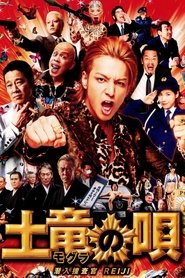 Reiji Kikukawa who has a strong...
Reiji Kikukawa who has a strong...The Mole Song: Undercover Agent Reiji 2013
Reiji Kikukawa, who has a strong sense of justice, graduated from the police academy with the lowest score ever. He becomes a police constable, but is suddenly fired by the Police Chief due to "disciplinary" issues. In actuality, the firing is part of a carefully orchestrated plan to set him up as an undercover cop in the Yakuza.
 Originally released in Japan as The...
Originally released in Japan as The...Godzilla 1985 1985
Originally released in Japan as "The Return of Godzilla" in 1984, this is the heavily re-edited, re-titled "Godzilla 1985". Adding in new footage of Raymond Burr, this 16th Godzilla film ignores all previous sequels and serves as a direct follow-up to the 1956 "Godzilla King of the Monsters", which also featured scenes with Burr edited into 1954's "Godzilla". This film restores the darker tone of the original, as we witness the nuclear destruction of giant lizard terrorizing Japan.
 After a fishing boat is attacked...
After a fishing boat is attacked...The Return of Godzilla 1984
After a fishing boat is attacked, the sole surviving crew member realizes it is none other than a resurrected Godzilla. However, efforts to bring the story to light are suppressed by the Japanese government amid growing political tensions between the United States and the Soviet Union, who are both willing to bomb Japan to stop the monster.
 A detective goes out of his...
A detective goes out of his...Station 1981
A detective goes out of his way to crack the case of a serial killer who specialises in murdering police officers.
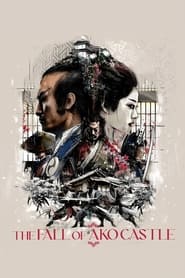 This is the story of The...
This is the story of The...The Fall of Ako Castle 1978
This is the story of "The Forty-Seven Ronin." Based on historical events in 1701-2, the movie tells the tale of the Asano clan's downfall and the revenge of its former samurai on the perpetrator of the catastrophe. Lord Asano was goaded, or tricked, into drawing his sword inside the Shogun's palace -- a crime which carried the death penalty. The newly installed Shogun was furious at Asano and ordered all his clan's assets seized, meaning some 20,000 samurai and commoners were unemployed and landless at a stroke. Forty-seven of these ronin (masterless samurai) banded together to take attempt revenge on Lord Kira, who had goaded Asano into drawing his sword.
 The peaceful planet of Jillucia has...
The peaceful planet of Jillucia has...Message from Space 1978
The peaceful planet of Jillucia has been nearly wiped out by the Gavanas, whose leader takes orders from his mother rather than the Emperor. King Kaiba sends out eight Liabe holy seeds, each to be received by a chosen one to defend the Gavanas. Each recipient, ranging from hardened General Garuda to Gavana Prince Hans to young Terrans Meia, Kido, and Aaron all have different reactions to being chosen.
 A nurse is framed for her...
A nurse is framed for her...New Female Prisoner Scorpion: Special Cellblock X 1977
A nurse is framed for her involvement in the hospital murder of a politician who was threatening to expose corrupt practices. She escapes from jail but is captured and sent back, resulting in the rest of the inmates being punished, added to which of a new, tougher, head of security arrives to take up her new job....
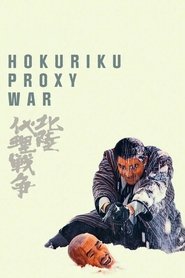 In the setting of the Hokuriku...
In the setting of the Hokuriku...Hokuriku Proxy War 1977
In the setting of the Hokuriku region, where the snow and cold winds rage, for the first time in true-life yakuza film history, director Kinji Fukasaku shows battles among yakuza who value land over tradition. Hiroki Matsukata stars as Noboru Kawada, a Hokuriku yakuza who will use any measure for survival, disregarding parents, brothers, and tradition.
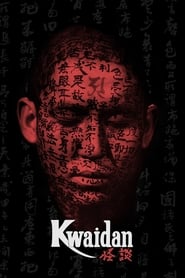 Taking its title from an archaic...
Taking its title from an archaic...Kwaidan 1965
Taking its title from an archaic Japanese word meaning "ghost story," this anthology adapts four folk tales. A penniless samurai marries for money with tragic results. A man stranded in a blizzard is saved by Yuki the Snow Maiden, but his rescue comes at a cost. Blind musician Hoichi is forced to perform for an audience of ghosts. An author relates the story of a samurai who sees another warrior's reflection in his teacup.
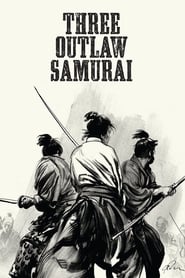 Shiba a wandering ronin encounters a...
Shiba a wandering ronin encounters a...Three Outlaw Samurai 1964
Shiba, a wandering ronin, encounters a band of peasants who have kidnapped the daughter of their dictatorial magistrate, in hopes of coercing from him a reduction in taxes. Shiba takes up their fight, joined by two renegades from the magistrate's guard, Sakura and Kikyo. The three outlaws find themselves in a battle to the death.
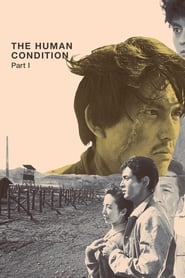 After handing in a report on...
After handing in a report on...The Human Condition I: No Greater Love 1959
After handing in a report on the treatment of Chinese colonial labor, Kaji is offered the post of labor chief at a large mining operation in Manchuria, which also grants him exemption from military service. He accepts, and moves to Manchuria with his newly-wed wife Michiko, but when he tries to put his ideas of more humane treatment into practice, he finds himself at odds with scheming officials, cruel foremen, and the military police.
 Junai Monogatari AKA Story of Pure...
Junai Monogatari AKA Story of Pure...The Story of Pure Love 1957
Junai Monogatari AKA Story of Pure Love is about two poor youths, Mitsuko and Kando, rebelling against society in various ways, who are desperately trying to be together despite tortuous circumstances. The film depicts their lives as thieves, menial laborers who can get little pay, society outcasts, and of course, lovers. Junai Monogatari depicts, mostly, their struggles within the Japanese reformatory system and Mitsuko's worsening sickness.
 Fumiko mother of two children and...
Fumiko mother of two children and...Forever a Woman 1955
Fumiko, mother of two children and wife of an unfaithful man, shares her family life with her budding vocation as a poet. The beginning of her successful literary career coincides with her divorce and her breast cancer diagnosis. In the last stage of her life, she meets a young journalist from Tokyo who wants to write a story on her life.
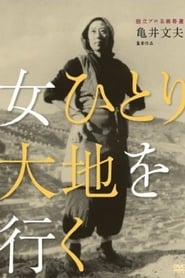 Onna Hitori Daichi wo Yuku A...
Onna Hitori Daichi wo Yuku A...A Lonely Woman in a Lonely Land 1953
Onna Hitori Daichi wo Yuku (A Lonely Woman in a Lonely Land, Kinuta Production, 1953) was the second feature film directed by Kamei Fumio, who is known as a master of documentary films, and followed his “Haha Nareba Onna Nareba(Become a Mother, Become a Woman)” (1952).
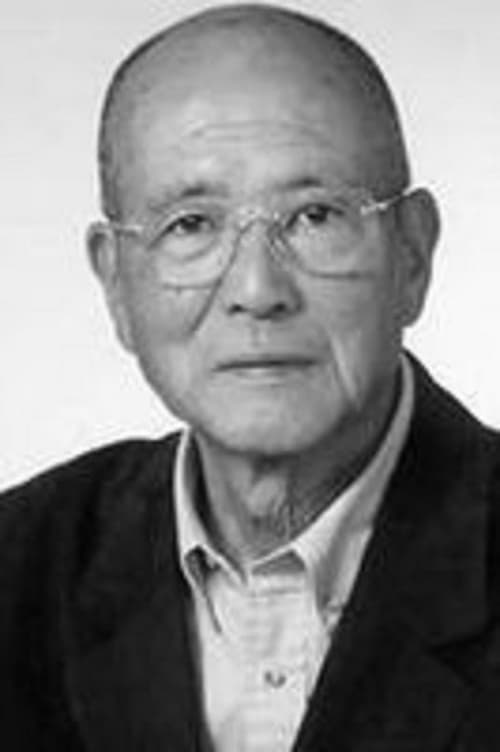
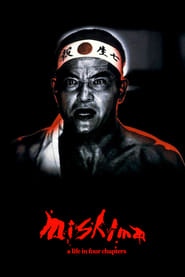 A fictional account of the life...
A fictional account of the life...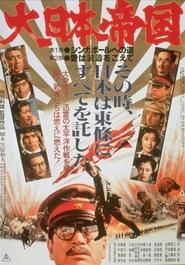 Story of three people a barber...
Story of three people a barber... A tragic love story between a...
A tragic love story between a... While Hirono is in prison his...
While Hirono is in prison his...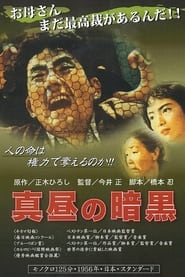 Police beat a murder confession out...
Police beat a murder confession out...